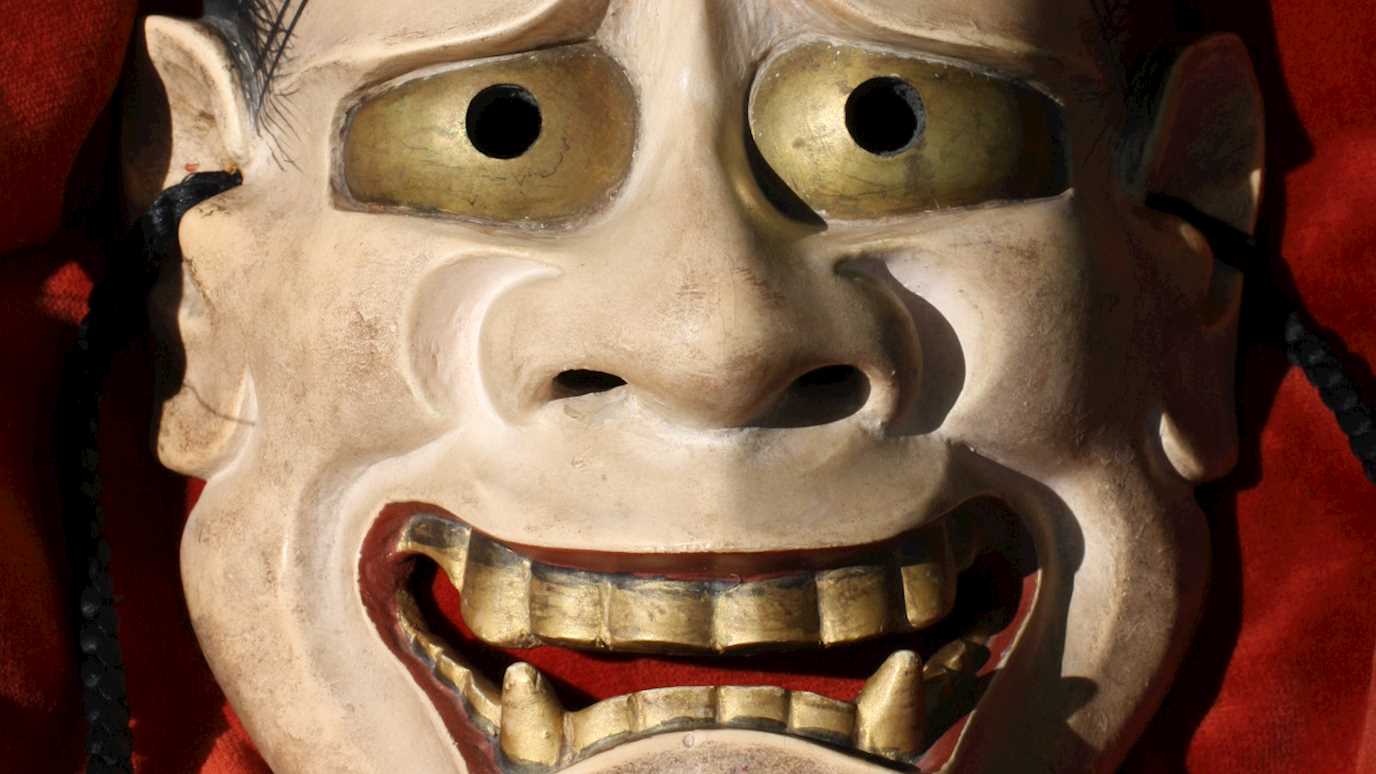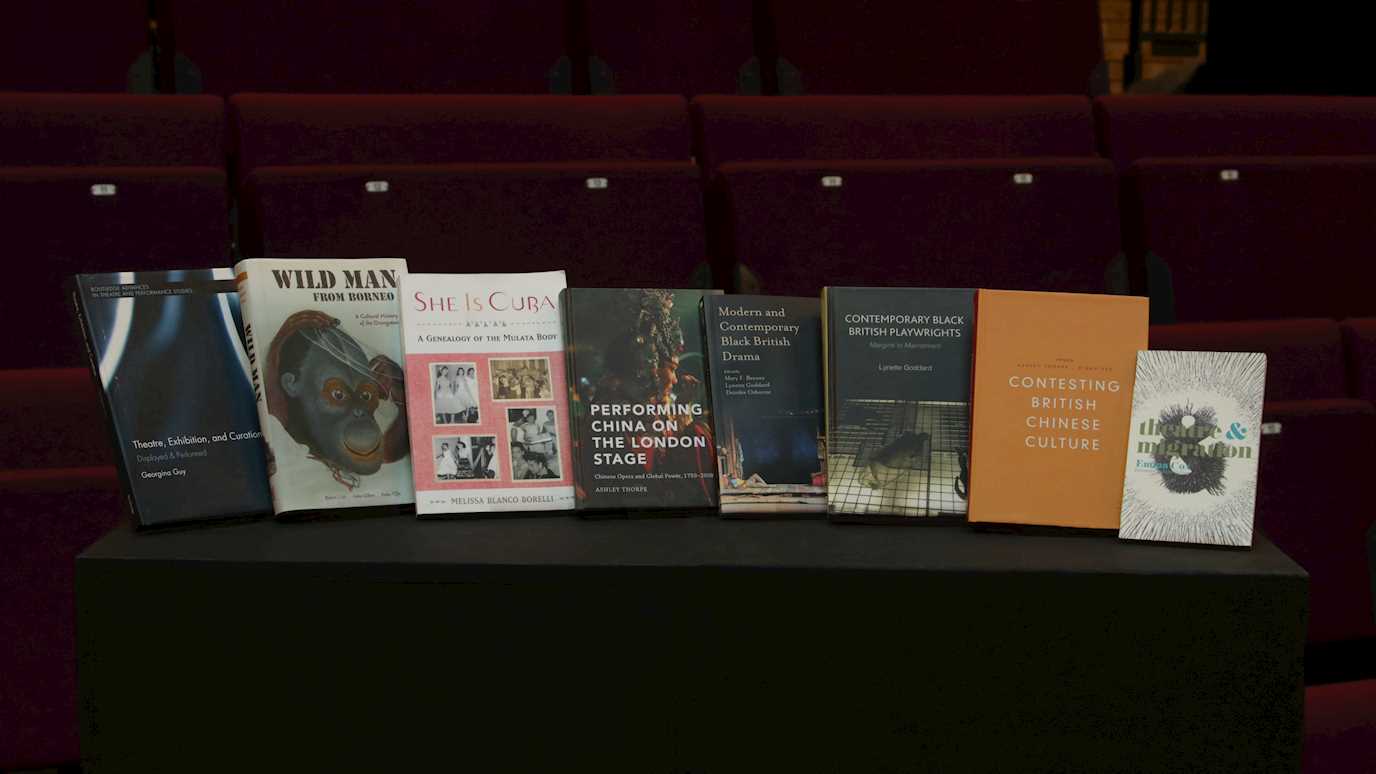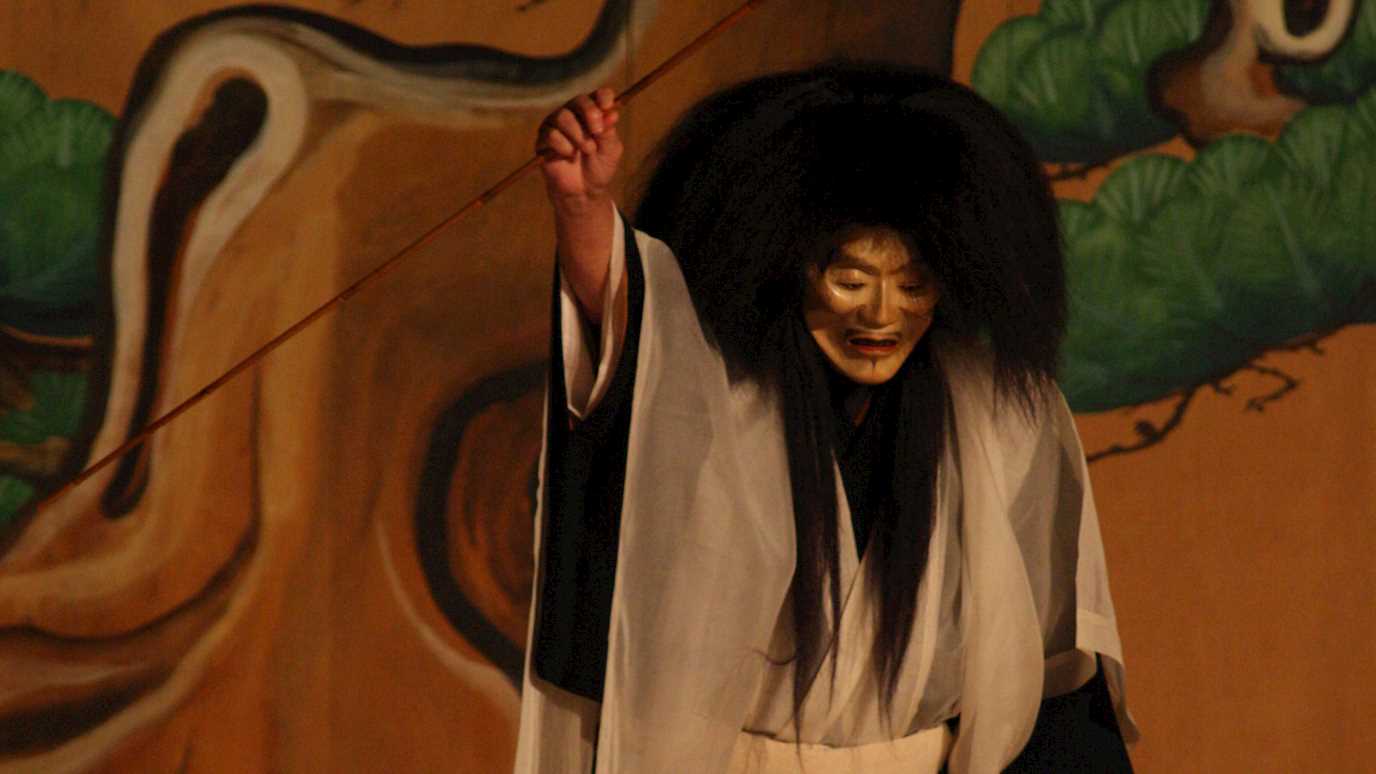Our research has a wide geographic range including studies of performance cultures in Asia (including China, India, Indonesia, Japan), South Africa, South America, Canada, Australia and the Pacific.
Our research explores drama and dance as global phenomena, using methods from ethnography, historical/cultural studies, creative practices, and the geo-humanities. We respond to current political issues, by studying mobilities, migrations and displacement, both historically and in the present day (particularly asylum seekers, undocumented migrants and refugees); questions of indigeneity in a globalized, digital, post-colonial world; justice, memory and reconciliation in post-conflict societies.
Research and Researchers
Researchers
Melissa Blanco Borelli's research interests and specialisms include: blackness in Latin America (Colombia, Cuba); Latin American popular dance; popular dance on screen; media and film; black performance theory; performance ethnography; feminist historiography; auto-ethnography; embodied identity politics (particularly race, gender and sexuality); dance theatre devising/choreography; and performative writing.
Maria Estrada-Fuentes's research interests include arts-based conflict transformation, gender and complex victimhood, politics and performance.
Helen Gilbert’s internationally oriented research falls into two intersecting strands: arts-based environmental activism and postcolonial theatre and performance. She has a special interest in the arts and politics of marginalized communities in Australia, the Pacific, the Americas and South Africa, and works with a range of Indigenous performance-makers to co-curate their work in festivals and exhibitions in Europe. Her current focus is on local and global initiatives in eco-activist performance, particularly in reference to climate change, environmental justice and sustainable uses of water.
Prarthana Purkayastha is an interdisciplinary researcher working on the intersections of dance studies, performance studies, history, cultural studies and critical theory. Her research specialisms include: contemporary dance and dance theatre, feminist performance practices, South Asian and British Asian dance and theatre, identity and corporeality (specifically in relation to race, gender and sexuality), and embodied colonial and postcolonial histories.
Ashley Thorpe's research concerns performance forms from East Asia, as practiced both in China and Japan, and in the United Kingdom.
Current Research
Melissa Blanco Borelli is researching a monograph on embodied aesthetics and politics in film, dance, performance art and sound projects by Afro-Latinx artists. She is also collaborating with Bryce Lease on an AHRC/Newton Fund/Colciencias project to co-create a digital archive with rural black communities affected by the Colombian paramilitary conflict.
María Estrada-Fuentes is co-investigator in the international research project Towards a Moral Grammar of Transitional Justice: Secondary Care Practices to Support Conflict Transformation in Colombia. María is also writing a monograph on the intersections between applied theatre and transitional justice, focused on the Colombian context, and developing digital collaborations with policymakers and peacebuilding practitioners providing care for ex-combatants in reintegration programmes.
Helen Gilbert is writing a monograph on Indigenous performance and cultural resilience in a range of countries and regions.
Prarthana Purkayastha is writing a monograph with the working title Dance Remains, which offers a decolonial reading of visual and material archives - popular and elite, British colonial and South Asian, public and intimate - to narrate the lives of illegitimate dancers, courtesans and sex-workers from India who propose alternative modes of moving in the worlds of Empire and postcolony. She is also co-editing The Oxford Handbook of Indian Dance.
Creative Practice
María Estrada Fuentes | Towards a Moral Grammar of Transitional Justice: Secondary Care Practices to Support Conflict Transformation in Colombia
Ashley Thorpe | Emily: An English Language Noh, a play about Suffragette Emily Wilding Davison, bringing East Asian theatre traditions to London stages. Emily premiered in the Handa Noh Theatre at Royal Holloway and toured to TARA Arts, London.
Doctoral Students
Current
Georgina Biggs, 'The Voice of the Pelvis: A Menstrual Embodiment' (Supervised by Emma Brodzinski and Prarthana Purkayastha).
Sidonie Carey-Green, 'The Body as Data: Reimagining a Reality for Migrating Bodies Beyond the Limits of Europe’s Digital Borders Through Performance' (Supervised by Prarthana Purkayastha and Olga Goriunova).
Bomi Choi, ‘Multicultural transformation, Korean diaspora and representation of ethnic otherness in contemporary South Korean theatre’ (Supervised by Bryce Lease).
Thumindu Dodantenna, 'Framing the Nation: Theatrical Syncretism and the Proscenium Stage in Post-colonial Imagining of the Sri Lankan Nation.’ (Supervised by Prarthana Purkayastha).
Aditi Krishna, 'Hindustani Classical Music and Education: ‘Tradition’, Values, and Identity in post-1991 India.' (Supervised by Anna Morcom, Shzr Ee Tan and Prarthana Purkayastha).
Olivia Lamont Bishop, ‘The representation of place in relation to conflict and migration in performances in the UK’ (Supervised by Emma Cox).
Caleb Lee, ‘Growing Up, Building Up and Moving Up: Metaphors of Mobility for Theatre for Young Audiences in a Global City’ (Supervised by Helen Nicholson).
Xunnan Li Xiao ‘Little Theatre Beijing Opera (Xiaojuchang Jingju) and Cultural Globalization’ (Supervised by Ashley Thorpe).
Emma Meade Chapman, working title (Supervised by Melissa Blanco Borelli).
Sietske Rijpkema, ‘Creating Contemporary Court Arts from Traditional Shadow Puppetry in the Court Society of Kraton Yogyakarta Hadiningrat, Java’ (Supervised by Ashley Thorpe).
Kalmolnun Ruddit, ‘Aesthetic and Aspirational Cosmopolitanism in Contemporary Thai Musical Theatre’ (Supervised by Ashley Thorpe).
Ye Teng, ‘From Sacrificial Opera to Intangible Cultural Heritage: the Transformation of Chen-he Mulian Opera ‘ (Supervised by Ashley Thorpe).
Recent
Tamara Aberle, ‘Socially-engaged theatre performances in contemporary Indonesia’ (Supervised by Matthew Cohen). Awarded 2014.
Jeremy Bidgood, ‘The problem of Bunraku: A Practice-Led Investigation into Contemporary Uses and Misuses of Ningyo Joruri.’ (Supervised by Matthew Cohen). Awarded 2015.
Amin Farid, ‘Imagining Tarian Melayu in Singapore: Curating Bodies of Malay Dance' (Supervised by Prarthana Purkayastha and Shzr Ee Tan). Awarded 2021.
Ji Gu, ‘Women in Korean Musical Theatre’ (Supervised by Matthew Cohen). Awarded 2017.
Charlotte Hammond, ‘Imaging the Invisibles: Cross-dressing and Gender Play in the French Caribbean.’ Awarded 2015.
Phakamas Jirajarupat, ‘Lakhon Phanthang: Thai Traditional Theatre in the Modern World.’ (Supervised by Matthew Cohen). Awarded 2015.
Raz Weiner, ‘Out of Line” Performing Drag and Archive in Settler Culture.’ (Supervised by Bryce Lease). Awarded 2019.
Poppy Spowage, ‘Producing Performance, Producing Atmosphere: Looking Beyond Development in the Production of Art and Performance in East Africa. (Supervised by Helen Nicholson). Awarded 2020.
Maysa Utairat, ‘Theatre and Buddhist Storytelling: An Experiment in Supplementing the Traditional Mahachat Sung Sermon for the Benefit of a Modern Thai Audience’ (Supervised by Helen Nicholson).
























